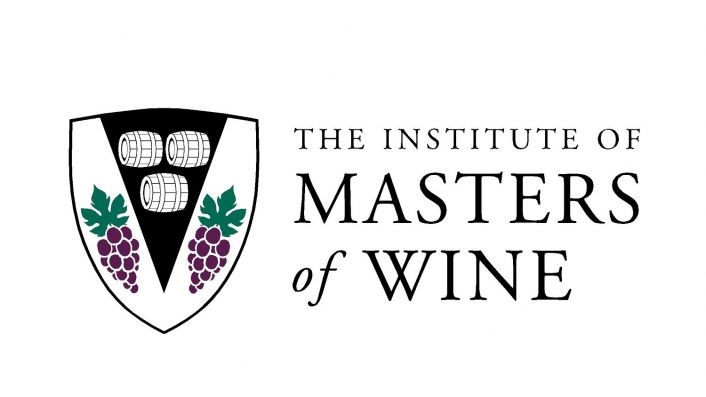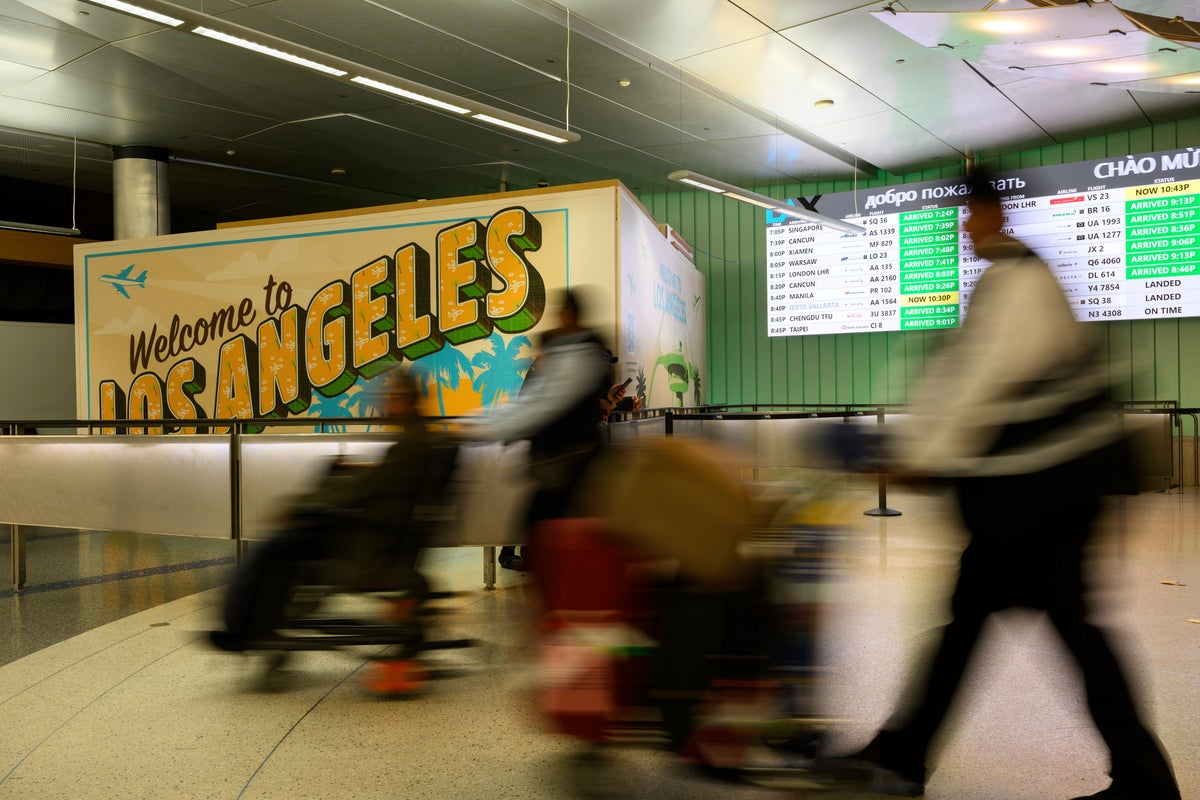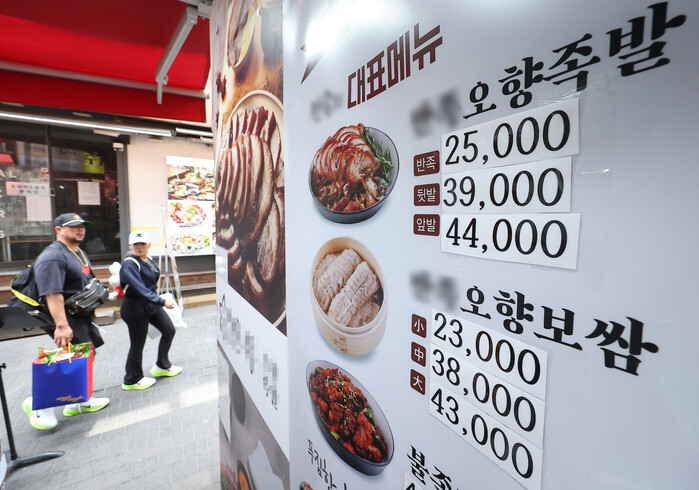Insights from the Earnings Call: Frontier Group Holdings, Inc. (ULCC) First Quarter 2025
Management View
- CEO Barry Biffle emphasized that the first-quarter outcomes fell short of projections because travel demands were hampered by economic instability, resulting in intense competition within the sector regarding prices. However, he pointed out that reservation patterns for May and the beginning of summer have become more stable, bolstered by efficient management of available resources and increased earnings strategies.
- The firm has enforced substantial capacity cuts up until mid-November, concentrating on non-busy days to decrease expenses and reduce capital spending. It is expected that these measures will collectively save more than $300 million in both operating costs and capital expenditures.
- Biffle mentioned that the firm aims for profitability in the latter part of the year, bolstered by steady demand and controlled capacity across the industry.
- Chief Financial Officer Mark Mitchell announced a first-quarter total revenue of $912 million, marking a 5% growth from the previous year. The adjusted non-fuel operating costs stood at $720 million, with the firm reporting a net loss of $43 million, equivalent to $0.19 per share.
Outlook
- The management expects the production capacity for Q2 to decrease slightly into the single-digit range, with comparable reductions anticipated during the latter part of the year. The purpose of these changes is to synchronize with prevailing market demands.
- Q2 guidance anticipates a projected decrease of $0.23 to $0.37 per share due to reduced travel demand in April and incrementally higher expenses not related to fuel.
- The firm anticipates becoming profitable during the latter part of 2025 when demand levels out and cuts in production capacity come into play.
Financial Results
- Q1 operating revenue increased by 5% compared to the previous year, reaching $912 million, whereas RASM stood at $0.0917, consistent with the figures from the preceding year.
- The total income from each passenger amounted to $116, which represents a decline of 6%. This decrease can be linked to intense discounting strategies and lower customer demand particularly in March.
- Non-fuel operating expenses per available seat mile rose by 8% due to decreased aircraft usage, expansion of the fleet, and elevated ground operation costs.
- At the end of the quarter, the firm had $889 million in overall liquidity, comprising $684 million in unrestricted cash and cash equivalents.
Q&A
- Michael Linenberg from Deutsche Bank raised concerns about the decrease in average ticket prices and the increased use of premium offerings. In response, CEO Biffle highlighted that the significant drop in demand in March had an uneven effect on the quarter’s metrics, even though the high-end product segments performed well.
- Savi Syth from Raymond James inquired about what elements were contributing to the anticipated profit improvement in the latter part of the year. Biffle mentioned capacity cuts, steady demand, and progress with income-generating strategies like the economic package deal.
- Atul Maheswari from UBS asked about the second-quarter revenue per available seat mile (RASM) outlook. Biffle and Chief Financial Officer Mitchell indicated that they anticipate a slightly higher RASM compared to last year, even with reduced capacity.
- Duane Pfennigwerth from Evercore ISI inquired about the fluctuations in market performance. Biffle highlighted that weekdays such as Tuesdays and Wednesdays have been lagging behind, and mentioned that adjusting capacities should help resolve these issues.
Sentiment Analysis
- Experts voiced worries about the firm’s handling of economic volatility and its dependence on cutting costs to maintain profit margins. Despite this, they adopted a careful yet optimistic stance towards potential improvement in the latter half of the year.
- During their scripted comments, management seemed assured as they highlighted efforts toward stability and strategic changes. When responding to questions from analysts, they adopted a more defensive stance regarding current market difficulties yet remained upbeat concerning future projects.
- In comparison to the last quarter, the management’s attitude showed increased wariness because of outside pressures; however, they kept their emphasis on maintaining operational control and managing costs.
Quarter-over-Quarter Comparison
- The guidance language has been altered to focus on cutting costs and adjusting capacities, indicating a more wary stance than the upbeat tone of Q4 2024.
- While analysts now concentrate more on immediate obstacles and stabilizing demand, earlier conversations were primarily about expansion and income prospects.
- Major indicators such as income per passenger and modified non-fuel expenses indicated decline, underscoring the effects of financial instability.
- Management continued to show unwavering faith in their strategies, including the economic package and resource reallocation measures; however, this certainty was somewhat restrained due to recent obstacles they faced.
Risks and Concerns
- Leaders recognized the financial instability and how it affects local tourism.
- Experts expressed doubts regarding the feasibility of achieving profit goals due to dependence on outside elements like controlled industry-wide production levels.
- Possible hazards encompass extended economic downturns and competitive pressures impacting prices.
- The approaches management has taken to mitigate issues include concentrating on controlling costs, optimizing resource use, and boosting income via product bundles and high-end services.
Final Takeaway
Frontier Group Holdings encounters considerable hurdles because of broad economic strains and intense sectoral rivalry. In response, the firm has implemented targeted cuts in operational capacity along with stringent expense control strategies, aiming for improved profit margins starting from the latter part of 2025. By concentrating on high-end products and refining their customer loyalty programs, leadership hopes to foster sustained expansion over time; however, short-term outcomes hinge upon stabilizing market demands as well as effectively carrying out these austerity measures.
Review the complete earnings call transcript here.
More on Frontier Group
- Frontier Group Holdings, Inc. (ULCC) Q1 2025 Earnings Call Transcription
- Frontier Airlines’ Shares Drop Due to Weakened Consumer Confidence Effects
- Frontier Group Holdings, Inc. (ULCC) Q4 2024 Earnings Call Transcript
- Air travel decreases as Apollo indicates a significant drop in airport traffic.
- Frontier Group withdraws annual forecast following poor March travel numbers due to low demand.


















Leave a Reply